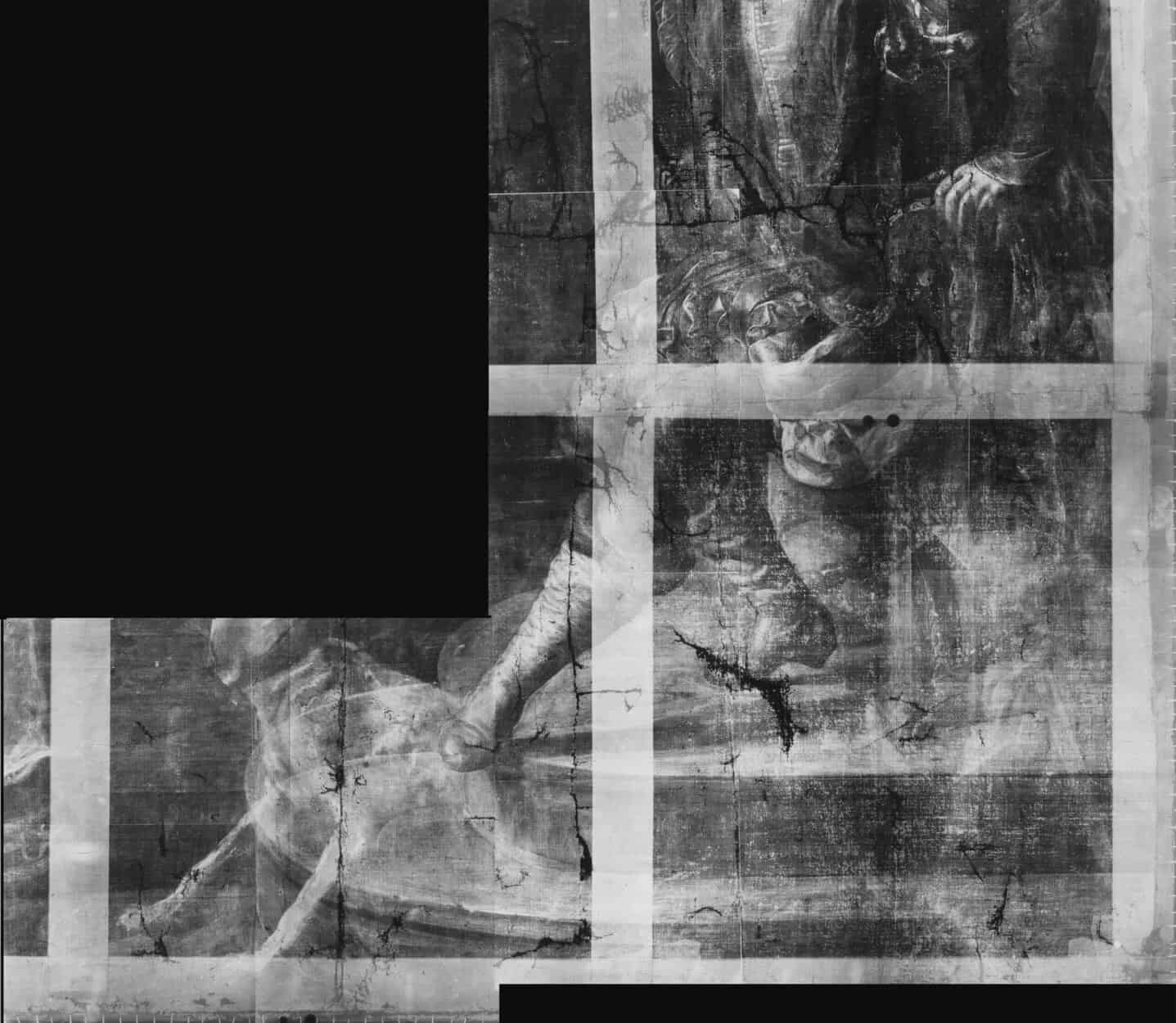“After millennia of oppression,” writes Mitchell Abidor, “it’s entirely possible that the taste for power, for the ability to strike out at those weaker than us, for refusing to admit to a fall from moral grace has too thoroughly infected our sense of identity for us to recover from it any time soon.”
This week, Public Seminar contributors report on new books exploring how narratives of victimhood or allyship serve to obscure acts of oppression.
Abidor considers Being Jewish After the Destruction of Gaza and author Peter Beinart’s charge that Israel’s assault on Gaza is a betrayal of Jewish values.
In her review of Aruna D’Souza’s Imperfect Solidarities, Elide Vincenti reflects on the white savior industrial complex within the art world.
And Gant Roberson reads Chris Gilbert’s Commune or Nothing! and arrives at the open question of the relationship between a grassroots communal movement and the Venezuelan state—critical, antagonistic, or synergistic?
Israel’s Grotesque Violation of Jewish Values
A new book by Peter Beinart, Being Jewish After the Destruction of Gaza
Mitchell Abidor

Peter Beinart’s Being Jewish After the Destruction of Gaza: A Reckoning (Knopf, 2025) is a book that will cause much outrage among some of its intended audience: fellow Jews. If there is one thing to which many Jews cleave, it is to our history of victimhood, and the purity that flows naturally from that status.
Beinart will have none of that. “Jews, too, can be Pharaoh,” he writes—and Israel’s conduct in Gaza and the overwhelming support it has received from many Jews for even its worst crimes are signs of the moral collapse.
How Venezuelans Reclaimed Their Communes
Chris Gilbert’s Commune or Nothing! places Venezuela’s communal movement as a key moment of working-class self-emancipation
Gant Roberson

In the central western region of Venezuela, a vast scenery of fertile land blends with the llanero (herdsman) culture of the people of Simón Planas township. Adults make use of children’s bicycles (received as Christmas gifts from the government) to meet the exigencies of day-to-day life, evoking “a forgotten episode in a magical realist novel,” in the words of author Chris Gilbert. Traditional music, with lyrics recounting the struggles of the campesino and their battle against the landlord, fills the air. Once occupied by large haciendas, this is now the site of a radical experiment in democratic self-organization: El Maizal Commune, one of the hundreds of communes established in the country in its recent history.
Rethinking Empathy
A review of Imperfect Solidarities by Aruna D’Souza
Elide Vincenti

A deceptively simple question animates Imperfect Solidarities (Floating Opera Press, 2024), a short new book by writer and art critic Aruna D’Souza: “What would it mean if our politics were based not on our ability to empathize with people whose experiences are distant from our own, but on our willingness to care for others just by virtue of their being beings?”



